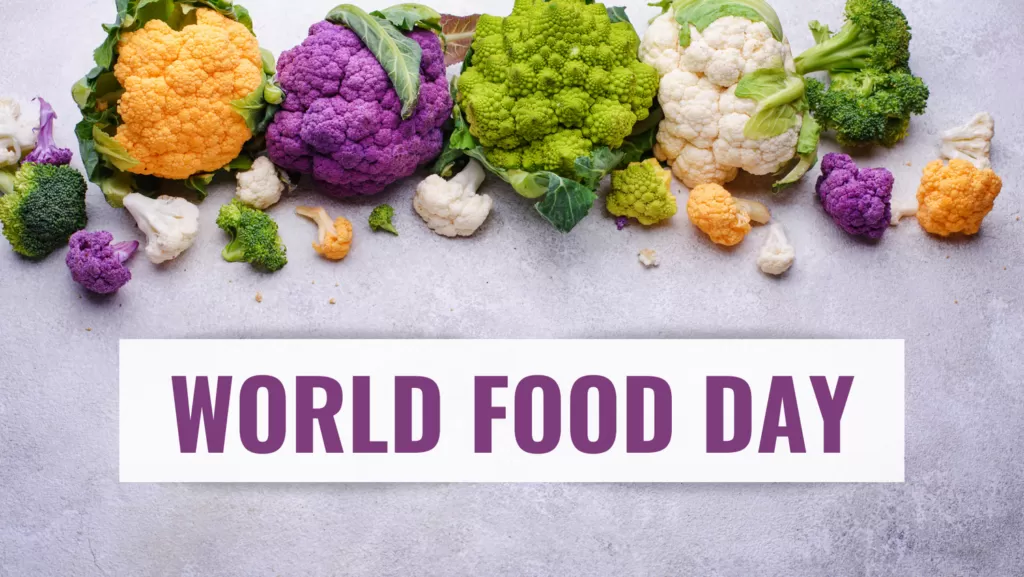15 Food That Should Never Be Kept in The Refrigerator

Here’s a list of 15 foods that are generally better off not being refrigerated:
- Tomatoes – Refrigeration can make them mealy and affect their flavor. They do well at room temperature.
- Potatoes – Cold temperatures convert the starch in potatoes to sugar, affecting their taste and texture. Store them in a cool, dark place.
- Onions – Like potatoes, onions prefer a cool, dry, dark place. Refrigeration can cause them to become soft or even sprout.
- Garlic – Should be kept in a dry, dark place. The fridge can cause it to spoil faster.
- Bananas – The cold can stop the ripening process. Store them at room temperature.
- Avocados – Refrigerating avocados can slow down the ripening process, but it’s best to leave them out until ripe, then you can refrigerate to extend life a bit.
- Bread – The fridge can dry out bread and make it stale quicker due to retrogradation of starches. Store at room temperature or freeze.
- Honey – It crystallizes in the fridge, though this doesn’t spoil it. Room temperature is ideal.
- Melons (Whole) – Refrigerating whole melons can slow ripening. Once cut, refrigeration is fine.
- Coffee – The fridge can absorb odors and moisture, affecting flavor. Keep it in an airtight container at room temperature.
- Olive Oil – Cold temperatures can cause it to solidify. Store in a cool, dark cabinet.
- Basil – It turns black in the fridge unless you treat it like a bouquet, with the stems in water.
- Hot Sauce – Unless it has a lot of fresh ingredients, most hot sauces are preserved and can be stored in the pantry.
- Soy Sauce – High in salt, it doesn’t need refrigeration and can keep for years at room temperature.
- Certain Nuts and Seeds – Like peanuts, they can become rancid over time in the fridge due to moisture. However, if you buy them in bulk, refrigerating or freezing can extend shelf life.
Remember, while these foods generally don’t benefit from refrigeration, there can be exceptions based on specific conditions or preparations (like cut fruits or opened items). Always check the packaging or general food safety guidelines if in doubt. Also, for foods like nuts, if you’re not going to use them quickly, refrigerating or freezing can actually help preserve freshness longer than at room temperature.







